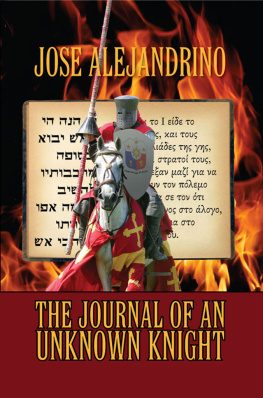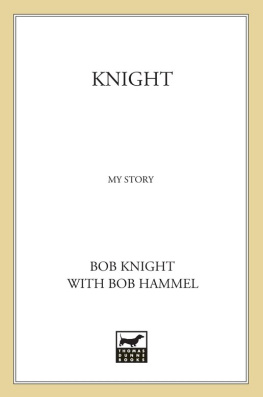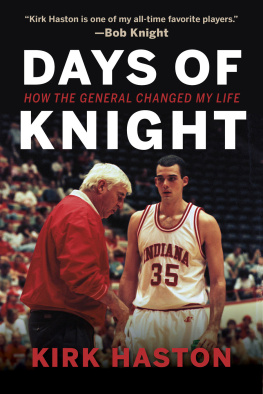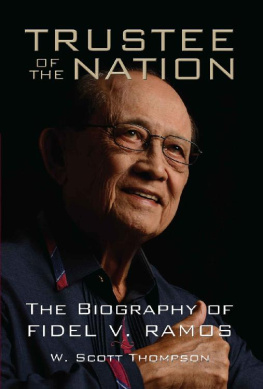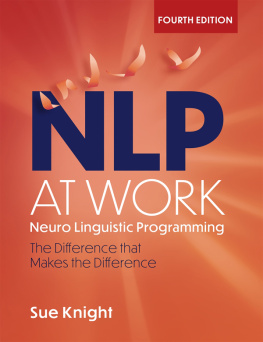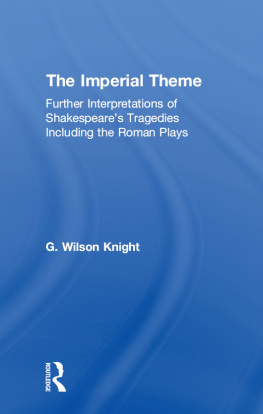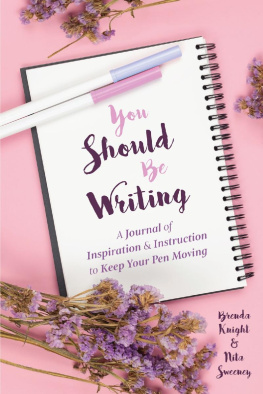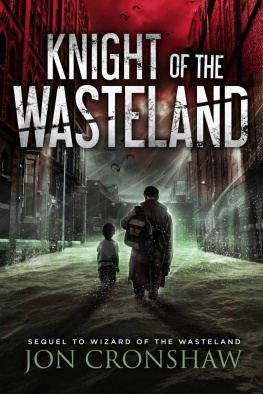Copyright Jose B. Alejandrino 2015
ePub design and production by Flipside team
eISBN 978-6-21010-084-6
This e-book edition published 2017
by Flipside Digital Content Company, Inc.
Quezon City, Philippines
www.flipsidecontent.com

For Karin and Tiffany,
Rhea and Rina
PREFACE
MANY FRIENDS WERE curious to know what I did in my life and encouraged me to write my story. At first, I was hesitant to do so. Who would be interested in my life? I said. I am an unknown figure. I am not a celebrity.
Douglas Strock, a dear friend and schoolmate at Columbia College who knows bits and pieces of my life and is now the executive vice president of Fast Pages in San Diego, California, may have given the answer when we last met in the United States. You have lived an interesting life, met many interesting people, done many interesting things which we only see in the movies. What can be more interesting than that?
I leave this for my reader to judge.
I have always been a low-key figure. I preferred to operate in the shadows, so much so that, when I was the presidential assistant for economic affairs to Philippine President Fidel Valdez Ramos, at the outset some reporters assigned to cover Malacaang Palace, the official residence of the president, confused me with my brother, Leo, an economist and well-known figure in the local business community.
The confusion probably arose because I also had a regular column in the Manila Chronicle entitled Rosebud, where at times I would criticize my colleagues in the government. The public thought I was two different persons because they didnt expect a member of the administration to criticize openly his own government. It was unheard of in the annals of government. In some of my harder articles, the Manila Chronicle finally made it a point to remind its readers at the bottom of the article who its author really was, which must have amused a lot of people even though I am not sure it amused the Philippine president.
A journalist was intrigued by the way I operated and asked why President Ramos tolerated my unusual behavior. I replied, I dont know whether the president likes me; I know he respects me.
In everything I did, I followed my conscience. When I felt I could no longer do what my conscience told me to do, I was ready to leave the government. And when I felt that the fire got too hot that it might reach the presidents feet due to a covert operation I had undertaken, I took sole responsibility for it and quietly left the government. I never executed an operation without the knowledge of the president and the national security adviser. Everything was documented. I didnt shred them.
Shortly after the 1992 election campaign, President Ramos made me promise I would not reveal the operations that I carried out during his campaign so as not to affect his presidency. I kept my promise. But now that he is no longer president, I feel free to write about them.
So, heres my story.
Jose Alejandrino
Benahavis
March 8, 2009
Acknowledgments
I WANT TO thank all those who have collaborated in putting this book together. Publishing a book is a collective and creative effort. As in the past with my other books, I found it to be a good learning experience.
Many thanks to Bruno Pirozzo for laying out the initial manuscript and the photos in the book. Bruno is not only one of the best graphic artists in Marbella but, as I discovered, is also an excellent musician.
A debt of gratitude to Genaro Marroyo Lopez, my Spanish architect friend, who let me use, free of charge, his copying machine and paper to print the manuscript in Benahavis.
Now to the members of the AEG Publishing Group:
My warm appreciation to Megan Collins, who carried out the initial review of the manuscript and whose encouraging comments and discerning suggestions contributed to its improvement.
To Chris Yurko, who edited the manuscript, and Darya Crockett, who reviewed it again to ensure that it is error free, I am deeply grateful. The book is certainly more enjoyable to read.
To Lewis Agrell, who designed the front cover of the jacket, and to Helen Holzer for the write-up on the back cover, thank you both for a job well done.
I also want to thank Lynn Eddy, Joanne Cruz, Kira Robbins, Dawn Monclova, and Susannah Green, for guiding me through the intricate passageways of the publishing process and for their patience and understanding. I dont know what I would have done without their help.
Last but not least, many thanks to Joseph Reh who provided the exact Hebrew text from Isaiah, chapter 66, verse 15, that is shown on the front cover of the bookjacket. Joseph is a noted scholar and a highly respected figure of the Jewish community in Antwerp, Belgium.
I am honored to count him among my friends.
ONE
The Early Years
If thou hast gathered nothing in thy youth,
how canst thou find any thing in thine age?
Ecclesiasticus
I SHOULD HAVE died a long time ago.
My mother likes to recount to her friends that a few days after I was born at the Philippine General Hospital in Manila, Japanese soldiers went on a rampage, bayoneting newly born babies in the hospitals. This was in 1944. Mother hid me in a closet and, when she heard the Japanese coming into the room, placed her hand over my mouth to stop me from making a sound. When the soldiers left, she took her hand away, but I wasnt moving. She shook me slightly. Still no movement. She thought she had smothered me and began to panic. Then she felt a slight movement and heaved a sigh of relief. I was still alive.
Seven years later, we were in Bangkok, Thailand. My father, a diplomat, was sent there to open the Philippine legation. A power struggle began between the Thai army and the Thai navy during the absence of King Bhumibol Adulyadej, who was in Switzerland. Fighting broke out near the house where we lived. My father was away attending a conference in Colombo, Ceylon (now Sri Lanka), at the time. My mother huddled us children in the living room inside a circle surrounded by furniture she had gathered together to form a protective barricade. My dog ran out into the garden, and I ran after it. Suddenly, there was a loud explosion that hurled me across the garden. I got up unscathed and retrieved my dog. How I managed to survive that explosion Mother doesnt know, but for the rest of her life she never forgot to thank God for it.
I was a difficult child. So, at the age of twelve, my father sent me to England to be caned. Always the diplomat, he had grown tired of my mischievous ways and thought that what I needed was a bit of old-fashioned English discipline. The last straw came when I made one of the horses of General Francisco Francos Moorish Guard nearly bolt during a solemn but somewhat dull ceremony in Madrid, Spain.
I was packed off to Sevenoaks, a public school reputed for its stern discipline (actually, public schools are a misnomer because they are private schools). Hardly had I set foot there when my parents were asked to sign a document relinquishing all responsibilities over me to the school. What it meant was that the school could do anything it pleased with me and my parents couldnt protest. Father was only too glad to sign the waiver.
Sevenoaks is perched on a hill amid the rolling farmlands and forest of Kent. The school is one of the oldest in England. It was founded in the fourteenth century by the lord mayor of London. Adjoining the school is Knole Park, planted with beech and sweet chestnut trees and grazed by dozens of deer. The park contains Knole House, a fifteenth century gothic palace that was sequestered by King Henry VIII from the archbishop of Canterbury and later given by Queen Elizabeth I to Lord Thomas Sackville, the queens cousin and chief minister who had attended Sevenoaks school.

